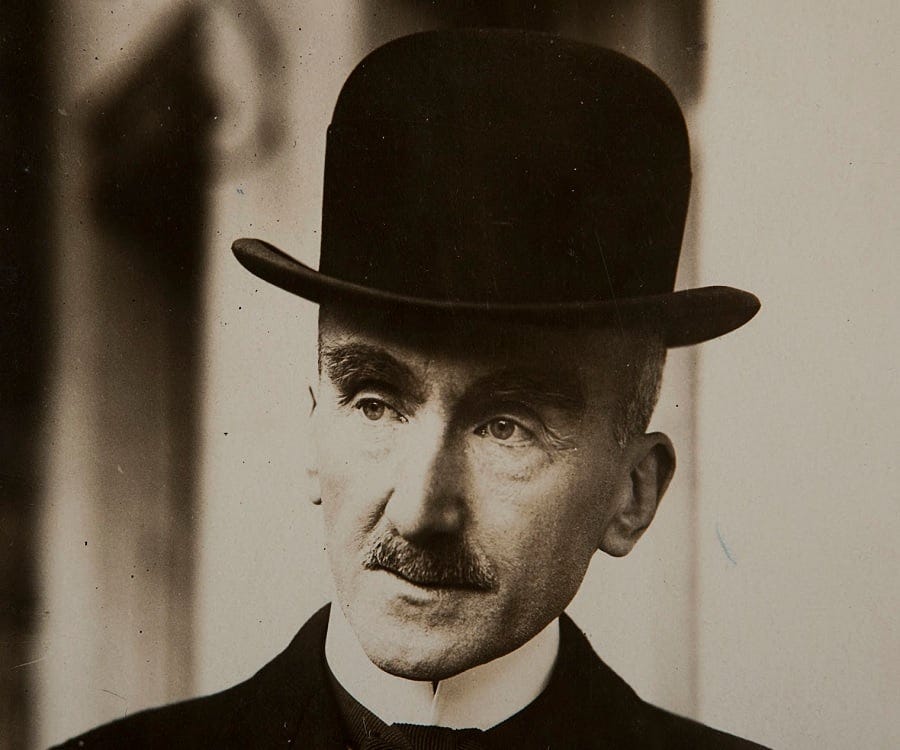Beyond Duration: Bergson's Forgotten Knowledge in the Digital Age
We exist in an era of immediacy. A click connects us to information, people, and experiences across vast distances, collapsing space and time. This instantaneous connectivity, while liberating, fundamentally alters our experience of temporality.
The digital revolution challenges our understanding of time. We must revisit classical philosophical conceptions of temporality, exploring their relevance. We must examine if our digital tools change the nature of duration.
Henri Bergson's philosophy offers an insightful lens. Bergson distinguished between *temps* (clock time), a spatialized, measurable, and divisible concept, and *durée* (duration), the lived, qualitative, and indivisible flow of conscious experience.
The average human attention span decreased from 12 seconds in 2000 to 8.25 seconds in 2015. This shift impacts how we process information and engage with the world. It impacts duration.
Bergson argued we understand time through spatial metaphors: clocks and calendars. We segment it, analyze it, and measure it. We treat it as a static object, not a dynamic flow. This is time objectified.




